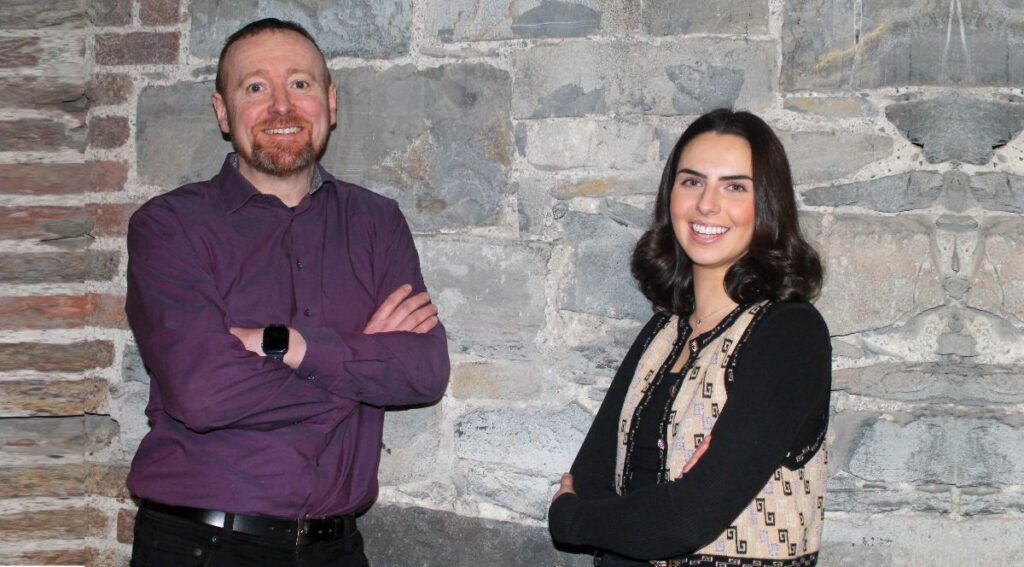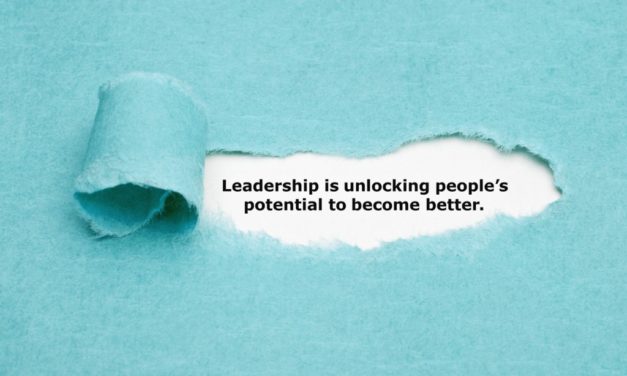Graduate on the Accenture Talent Accelerator Programme (TAP) Ailbhe Goulding talks to Barry Heavey, MD in Accenture Life Sciences about the exciting career opportunities available within the company in the third and final part of our ‘Meet the Mentor’ series
Barry Heavey was almost an eternal student until he realised he could combine his life sciences knowledge and skills with a keen business acumen for an entirely new career. As the managing director in Accenture Life Sciences, he has been in charge of growing this relatively nascent side of Accenture’s business for the past six years.
A self-confessed “geek”, Heavey studied biotechnology in what was then NUI Galway, followed by a PhD in Vienna and postdoctoral research in Edinburgh. “I had a student card into my thirties,” he laughs. “It really pained me to pay full price for cinema tickets when I eventually got rid of it.”
Becoming a scientist was always his goal, and the movie buff admits he was originally inspired by the blockbuster Jurassic Park. “Jurassic Park is based on a book by Michael Crichton about how genetics could be used to bring dinosaurs back to life. Obviously, that was the frivolous application of the technology but it inspired me to think how it could be used in the real world, especially in medicine.”
Even without the dinosaurs, Heavey emphasises how thrilling it was to witness the budding field of biotechnology explode back in the 1990s. “This was the time when the whole area of genetics was getting exciting because they had just begun to sequence the human genome and there was a lot of talk about what understanding the genome would do for medicine.”
His own PhD research was focused on the development of the human immune system. “By understanding how it develops, you can understand how it goes wrong in the case of not being able to cope with certain infections or if it becomes overactive such as with rheumatoid arthritis.” His passion for the topic meant that studying was easy and the next step of doing postdoctoral research was an obvious one.
“I went into further research in stem cells but eventually my choice was either to stay going deeper and deeper into a specific topic like stem cells in immunology, or take a step back and broaden my horizons,” he explains. “I felt if I went too deep into one topic I would be a bit pigeonholed and maybe even a bit bored.”
After some thought, Heavey decided to go back to college – again – and study for an MBA.
“I wanted to diversify myself and think about the business aspect of my expertise.” A lengthy stint with IDA Ireland followed, which meant working closely with large pharmaceutical and medical devices companies to help them establish their business in Ireland. Regular collaboration with Accenture meant he got an insight into the company, and was intrigued by what he could achieve there.
“Accenture at that time had a huge life sciences practice globally but the Irish practice wasn’t doing a lot,” he says. “Because I knew a lot of those companies and had a sense of the challenges they were facing, it made sense for me to work with Accenture to see if we could together help to build those relationships and solve some of those problems.”
During his time at Accenture, Heavey has expanded his skill set even further, becoming well-versed in disruptive technologies as life sciences companies continue to digitise.
“Five or six years ago there was a lot of talk in the industry about the need for the industry to digitise,” he explains. “They were doing lots of cool science but they weren’t harnessing all the data they were generating effectively and a lot of their processes were inefficient.” Accenture effortlessly brings people with different backgrounds together to come up with solutions, he notes.
“In Accenture I was really able to work with experts in these areas, I could learn from them, they could learn from me, and we could work together with clients to solve their problems.”
Heavey admits he thrives on these challenges, and the fast pace of life at Accenture. “You never have the opportunity to get bored, you are always moving and always learning, whether it’s about artificial intelligence or the metaverse or digital decoupling or all these really cool technologies that we are working on at the moment.”
And he says he has always been supported, no matter how great his vision. “When I first joined Accenture, I wanted to focus on the area of digitising manufacturing but this wasn’t a big area for us. I didn’t know how I would ever get to critical mass in a huge organisation like Accenture, so that was intimidating, even the concept was so daunting,” he admits.
“But Accenture really backed me – providing people through our graduate programme and supporting the acquisition of the company in Ireland that gave us critical mass quicker than if we had tried to build the programme organically. Accenture got behind the vision because life sciences was a big sector in Ireland and they could clearly see there was an opportunity and a need in the industry.”

Barry Heavey, MD in Accenture Life Sciences.
Clearly Heavey is a man who gets things done, applying his scientific rigour to business challenges. But he says that effective communication has been one of the skills he has honed the most during his time at the company. “I have really worked on my storytelling and my ability to weave a story – explaining the science without getting too technical but also tell the story of the organisational element of it, the financial element of it, the business element. It’s about empathy and human psychology and what catches people’s attention and interest.”
On that latter point, Heavey insists that empathy towards colleagues is “critical”. “In the business world it used to be perceived that the less empathetic you were, the more successful you were. That’s old school thinking now, and in the new world we see that to be successful, particularly in Accenture, it’s incredibly important.”
The majority of people working in Accenture’s life sciences department come in as graduates, who are keen to combine their science or engineering education with digital skills and apply these to solutions for the pharmaceutical industry. This diversification means the possibilities are endless, Heavey says. “They know that they come into Accenture and their career path can go in any direction.”
And just like in the 1990s, life sciences is at a dramatic tipping point. “In life sciences, we have this abundance of data but still a lack of insights. When we really start to use analytics effectively and apply it to all of these insights, the potential of the life sciences industry is enormous.”

Barry Heavey, MD in Accenture Life Sciences, chatting with Accenture TAP graduate Ailbhe Goulding.
Ailbhe Goulding was one of just two successful candidates to be offered a place on the Talent Accelerator Programme (TAP) for human resources graduates with Accenture in the autumn of 2021. A slightly circuitous route to HR had preceded this, with a bout of self-reflection during the pandemic inspiring her to find her true niche.
“I went to a gaelscoil primary school and was fluent in Irish,” Goulding explains. “I think I was a bit lost studying the Leaving Cert and just chose to study the subjects I was best at in college.” A degree from Trinity College in modern Irish and French was followed by a stint working in the Irish language sector. Although Goulding enjoyed this time, she didn’t see a lifelong career in it.
“During Covid I was reconsidering everything, like a lot of people were, and my parents, who know me best, suggested I would be good at HR – I actually had no idea what it was,” she recalls.
A masters in human resource management in DCU was the next step and it turned out to be the right one. “It was just fantastic,” she says. “I knew from the get-go that this was for me.”
TAP allows human resources graduates a unique opportunity to rotate between different projects and teams within Accenture. The area that Goulding has already decided is for her is that of employee relations. “I spent six months working as an investigator on the employee relations team and I became very interested.”
To this end, she is currently undertaking an advanced diploma in employment law at the King’s Inns, which Accenture is funding. “They really value personal development and I feel so lucky to get that support. Accenture stands out as a company that is a challenging environment but is also very friendly – in fact, everyone I know who works for Accenture is a really sound and friendly person. It’s really the people that make the job so great.”










